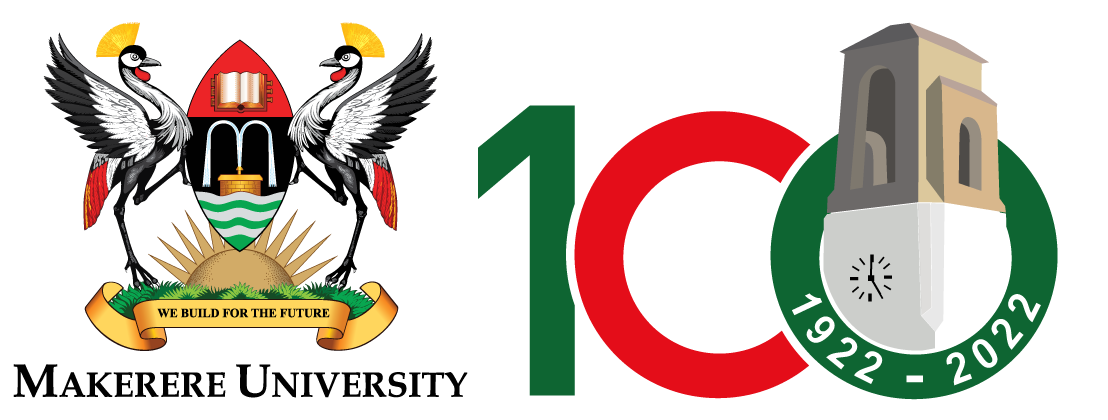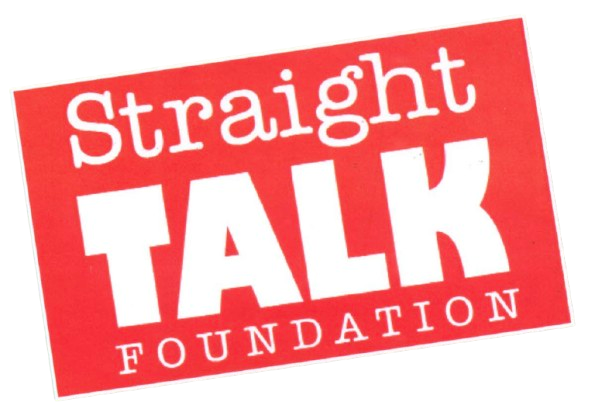About AiRSHE Project
Background
Adolescent pregnancy and childbirth rates in Sub-Saharan Africa are among the highest in the world. These high rates are attributed to limited access to Sexual and Reproductive Health (SRH) education and services. While many programs in Sub-Saharan Africa have adopted mobile health to improve access to SRH services, the technologies utilized are not designed for learning, while their development often involves little to no participation of target users.
This project aims to address these gaps by developing an AI technology solution that leverages the potential of Large Language Models (LLM) for scaling up adolescent access to SRH education and services in Uganda.
Objective
To design and develop a prototype and demonstration of a collaboratively-built AI technology innovation for addressing the SRH education and information needs of adolescent girls and boys in pastoral communities in the Karamoja sub-region of Uganda. The project will build a smartphone-based AI system powered by an LLM for learning about adolescent SRH education and services.
Methodology
Our project is utilizing a society-centered methodology whose fundamental principles include understanding societal needs and challenges facing communities, developing useful technologies or innovations that are responsive to these needs together with the communities impacted, and measuring the success by the impact on those communities.
To this end, this project involves the target users, communities, and key stakeholders throughout the project lifecycle. Our multidisciplinary, multi-stakeholder project team comprises researchers with diverse backgrounds ranging from Computer Science/AI to social sciences, to practitioners in adolescent SRH education, services, and youth-friendly healthcare.
This collaborative approach to AI technology development has the advantage of being accountable and transparent since it offers the intended target users and stakeholders the opportunity to make significant input throughout the development process. This is beneficial in achieving technology solution ownership and adoption.
Significance and Expected Impact
The expected path to impact is that through large-scale adoption and use of our AI technology solution, adolescent girls and boys in Uganda will be empowered with appropriate knowledge and skills to make the right choices and decisions about their sexuality for better reproductive health outcomes. This will benefit not only the users themselves but also their families and communities.
Team Profiles

Rahman Sanya, PhD
Principal Investigator
Lecturer in the School of Distance and Lifelong Learning and Researcher in the AI Lab, Department of Computer Science, Makerere University.

Stella Achen, PhD
Co-Principal Investigator
Lecturer in the School of Distance and Lifelong Learning, Makerere University.

Ben Wycliff Mugalu
Research Associate
MSc student in the Department of Computer Science, Makerere University.

Heather Cole-Lewis, PhD
Project Advisor
Google Atlanta, U.S.A.
Partnerships






Acknowledgement
This project is funded by a financial gift from Google LLC under the Inclusion Research Programme for 2023.
